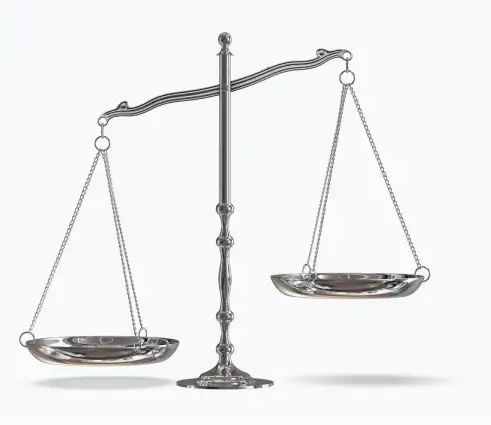In March this year, the European Community will receive a final decision on the copyright Directive, the draft of which in the context of the reform in the field of intellectual property was supported by representatives of the Council of the EU, the European Commission and the European Parliament in February.
Due to the ongoing debate on the balance of interests between the monopoly of intellectual property rights and human rights to access information in the world, the European Parliament has proposed the implementation of provisions relating to the protection of digital copyright.
The essence of the reform is to modernize the protection of digital copyright and provides for additional rights for electronic media in connection with the use of their publications. However, despite the fact that Europe has been discussing these changes for almost four years, some of the major corporations concerned in the field of information technology remain not too enthusiastic about the innovations proposed by the European Union.
In the context of signing the EU-Ukraine Association Agreement, Ukraine should also formally consider the possibility of introducing relevant provisions of the Directive into national legislation.
Namely, the draft of the Directive provides for electronic media the right to receive remuneration if their materials re-use web applications or social networks for the automatic collection of messages. This means that online platforms such as Facebook or Google, in the long run, will receive additional liability in the form of payment for “news” organizations or editors for links to their materials or even to snippets. It is believed that the so-called “link tax” in the near future will create the preconditions for curtailing activities of small online platforms, which, in this case, will distribute fragments of news to the detriment.
In addition, privilege of rewarding was also gained by content owners and creators who, through the distribution of their songs or videos via online portals (e.g. YouTube), will be able to earn extra money.
Also, the envisaged enhancement of the content moderation rules will require the need to filter out protected content, in particular by preventing downloading infringing material.
Opponents of the Directive warn that the draft is a censorship tool, a filter for downloading content and contains provisions that threaten freedom of speech. Thus, the Directive will undoubtedly limit the development of small online platforms that do not have the resources to moderate the content, and therefore, they are not able to check the materials for compliance with the copyrights.
As for Ukraine, first of all, we do not have a direct obligation to implement the workouts of the European Parliament, but only to take into account the latter’s proposals as an additional element for improving domestic legislation in the field of intellectual property.
Secondly, according to Art. 10 of the Law of Ukraine “On Copyright and Related Rights” daily news or current events that have the character of ordinary press information are not subject to copyright, and therefore not subject to legal protection. After all, any intellectual product may be the subject of copyright only when it has a creative character. And if it comes to the statement about the fact, then the creative component is absent.
It the meantime, Google has commented on the situation, writes The Verge. The company’s representatives believe that it will break the Internet, because in order to deduce the search for snippets of publications’ materials, it will be necessary to buy the rights to use them, because the law will give the media rights to license such usage.
Making predictions for the future is too early, but the ability to simply empty blocks on the search query is unlikely to satisfy the curiosity of the average user of social networks and online platforms.


